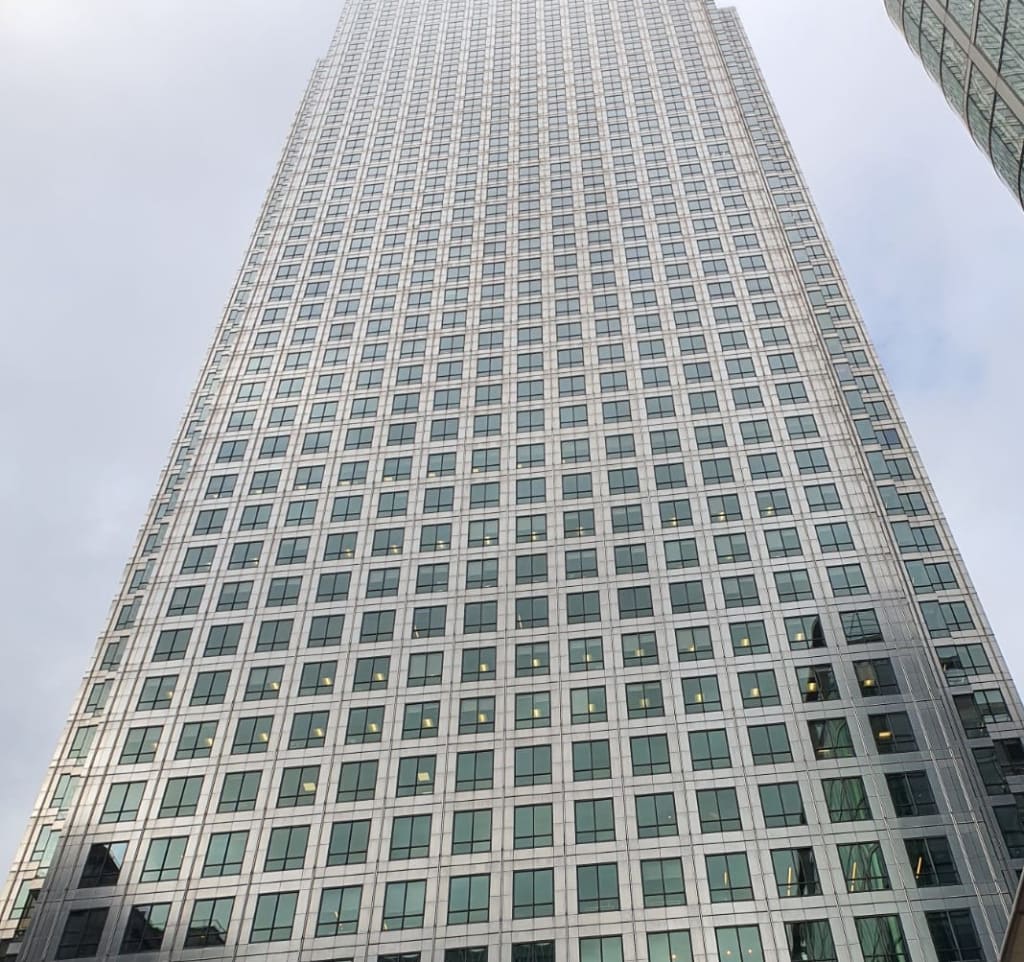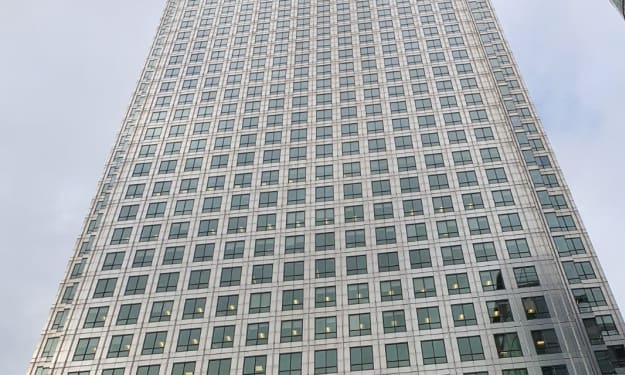WORK PLACE Discipline & Grievance
A How To Guide for Managers and Management Executives

Part One
This guide has been put in place to support managers through the Discipline & Grievance Procedures in the workplace. It is a reference guide to ensure that they are applying these procedures fairly and consistently throughout the organization.
Fairness and transparency are promoted by the consistent application of a Discipline and Grievance Policy. Where some form of formal action is needed, what action is reasonable or justified will depend on all the circumstances of the particular case. Whenever Discipline & Grievance Policy is being followed it is important to deal with issues fairly. There are a number of elements to this:
• Colleagues and Managers should raise and deal with issues promptly and should not unreasonably delay meetings, decisions or confirmation of those decisions.
• Colleagues and Managers should act consistently.
• Managers should carry out necessary investigations, to establish
The facts of the case.
Managers should inform colleagues of the basis of the problem and give them an opportunity to put their case in response before any decisions are made.
• Managers should allow colleagues to be accompanied at any formal disciplinary or grievance meeting.
• Managers should allow colleagues to appeal against any formal decision made.
In this guide I am going to take you through each of the steps within the process and provide guidance and support to allow you to achieve fairness and consistency throughout.
Disciplinary & Grievance Policy
1. Purpose & Scope
This policy is designed to help and encourage all colleagues to achieve and maintain standards of conduct and attendance. Job Performance is managed separately through the Performance Improvement Policy (PIP) for monthly paid colleagues or a Performance Improvement Plan for hourly paid colleagues. The company rules and procedures apply to all colleagues. The aim is to ensure consistent and fair treatment for all colleagues in the organisation.
2. Principles
Prior to disciplinary action, investigations into the relevant issues will take place' (Complete D2). For formal disciplinary action to commence the colleague will need to be advised of the complaint against them in writing and will be given the opportunity to state their case before any decision is made at the disciplinary meeting.
Colleagues will be provided, where appropriate with written copies of evidence and relevant witness statements in advance of a disciplinary hearing, electronic evidence
e.g. CCTV, telephone recordings will be made available to colleagues on site prior to or during the hearing. If during the hearing appropriate time will be allowed to review and comment.
At all stages of the formal procedure (not including investigation meetings) the colleague will have the right to be accompanied by a work colleague or recognised Trade Union representative.
No colleague will be dismissed for a first breach of discipline except in the case of gross misconduct when the penalty will be dismissal without notice or payment in lieu of notice, or when the short service procedure is applied as explained later in the policy.
The colleague will have the right to appeal against any disciplinary action taken against them, the appeal decision is final.
Depending on the seriousness of the offence, and at the sole discretion of the Company, the Company may start disciplinary proceedings at any stage of the procedure.
This procedure does not form part of any Employee's contract of employment and may be amended at any time. The Company may also vary this procedure, including any time limits, as appropriate in any case.
Right to be accompanied
Colleagues have a statutory right to be accompanied where they are required or invited by the company to attend disciplinary or grievance meetings. The chosen representative may be a fellow colleague including City Care Representatives or an official trade union representative. Colleagues must make a reasonable request to be accompanied. (Guidance Dl4}. Colleagues must notify the details of their chosen representative prior to any formal meeting to the People Administration Office.
When does the right apply?
Colleagues have the right to be accompanied at meetings that could result in.
• A formal warning being issued to a colleague
• The taking of some other disciplinary action e.g. demotion or dismissal
• The confirmation of a warning or some other disciplinary action e.g. appeal hearing
Informal discussions, counselling sessions or investigatory meetings do not require the right to be accompanied.
Meetings to investigate an issue are not disciplinary meetings. If it becomes apparent that formal disciplinary action may be needed then this should be dealt with at a formal meeting at which the colleague will have the right to be accompanied.
What is a reasonable request?
To exercise the statutory right to be accompanied colleagues must make a reasonable request. What is reasonable will depend on the circumstances of each individual case. A request to be accompanied does not have to be in writing or within a certain timeframe. However, a colleague should provide enough time for the Company to deal with the companion's attendance at the meeting. Colleagues should also consider how they make their request so that it is clearly understood, for instance by letting the Company know in advance the name of the companion where possible and whether they are a fellow worker or trade union official or representative.
As a matter of good practice, in making their choice colleagues should bear in mind the practicalities of the arrangements. For instance, a colleague may choose to be accompanied by a companion who is suitable, willing and available on site rather than someone from a geographically remote location.
About the Creator
Joshua Jogo
JOSHUA JOGO
British Politician and Educator.
He holds an MSc in Computing and IT from Northumbria University, London. He also, holds a Prince 2 Project Management certification and is the CEO of Heathrow Property and Digital Services Ltd UK






Comments
There are no comments for this story
Be the first to respond and start the conversation.